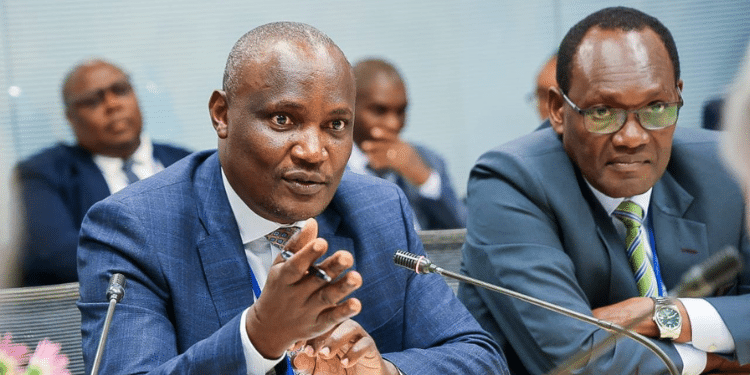The National Treasury has defended payments totaling Ksh492.1 million and USD414,299.60 made to a company outside the original e-Citizen vendor consortium, following audit queries over irregularities flagged by the Auditor General.
Appearing before the National Assembly on Thursday, August 7, Treasury Principal Secretary said the payments were made in line with a contract novation that introduced Electronic Citizen Services (ECS) into the e-Citizen framework.
He stated that the contract, signed between the ICT Authority (ICTA) and the original vendors, provided clear payment terms under Clause 6.
“The Directorate of E-Citizen Services took over the e-Citizen platform operations in July 2024, after which a contract novation was initiated to introduce Electronic Citizen Services (ECS) and its role within the consortium,” said Kiptoo.
“The contract novation outlines the responsibilities of all the service providers under the governance of ECS.”
Also Read: Exposed: Ruto’s Hustler Fund was a Trap for Kenyan Businesses
PS Kiptoo Says Billions Paid to Electronic Citizen Services After E-Citizen Contract Change
According to the Auditor General’s report, the ICT Authority (ICTA) in 2023 entered into a framework contract with Webmasters Kenya Ltd, PesaFlow Ltd, and Olive Tree Media Ltd for maintenance, support, and payment gateway services for the e-Citizen platform.
However, the audit flagged the payment of hundreds of millions to Electronic Citizen Solutions Ltd, a firm that was not party to the original agreement, raising potential legal and accountability concerns.
“This arrangement exposes the government to potential legal disputes that might arise from payments to parties not part of the contract,” the audit noted.
The Treasury maintains that the ICT Authority continued to engage the original vendors and that the introduction of ECS through a legally recognized novation process formalized the firm’s role within the evolving governance structure.
Further scrutiny was drawn to the Ksh142.1 million and the entire USD414,299.60 paid specifically for payment gateway services — fees the Auditor General termed irregular, arguing the government should not pay to use its own digital platform.
In response, PS Kiptoo mentioned that the government does not own the payment gateway.
He noted that the contract explicitly covered the cost of utilizing the payment gateway as a service, and all agreed-upon terms were fulfilled.
Also Read: REVEALED: Billions of Taxpayers’ Money Diverted to Private Accounts via eCitizen
Treasury Explains Use of Unlisted PesaFlow Account for E-Citizen Payments
At the same time, the PS clarified why an unlisted account under the name PesaFlow was used to collect government revenue through the e-Citizen platform.
According to the report, bank statements from Equity Bank indicated that PesaFlow received deposits totaling Ksh68.7 million and USD48.1 million in e-Citizen collections, despite not being listed among the Treasury’s approved collection accounts.
The funds were received over four fiscal years — from 2020/2021 to 2023/2024.
The Treasury explained that both the Kenya shillings and US dollar accounts were agency accounts opened jointly by PesaFlow and Equity Bank to facilitate revenue collection on behalf of the government.
“It was stated that the two accounts — one in Kenya shillings and the other in US dollars — were agency accounts opened by PesaFlow and Equity Bank specifically for revenue collection,” he said.
“However, PesaFlow continued to remit the collected revenue to the official collection account held at Equity Bank, including the reported amounts of Ksh68,719,877.18 and USD 48,142,008.43.”
When the matter came to the attention of the National Treasury, Kiptoo said a letter was sent to Equity Bank Limited requesting full details of the agency accounts and issuing instructions to freeze the said account.
Follow our WhatsApp Channel and X Account for real-time news updates.
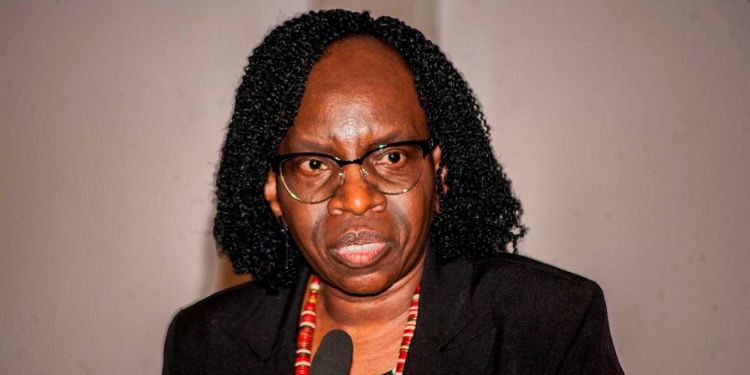



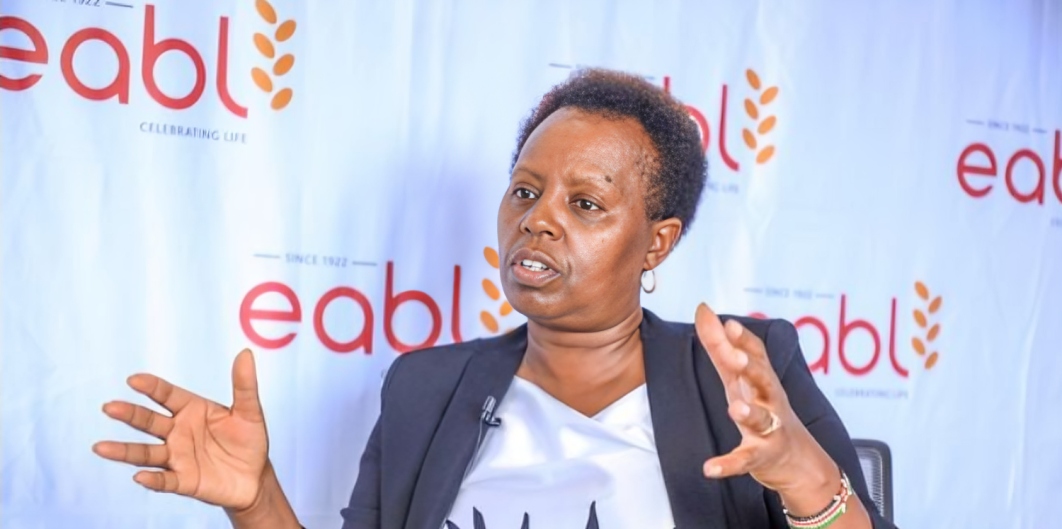





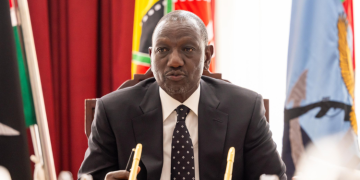






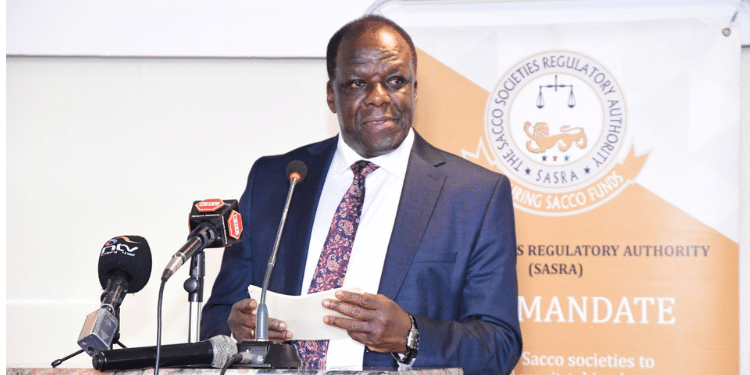
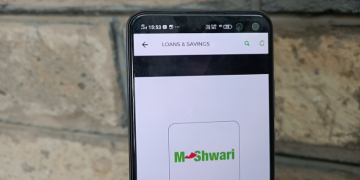



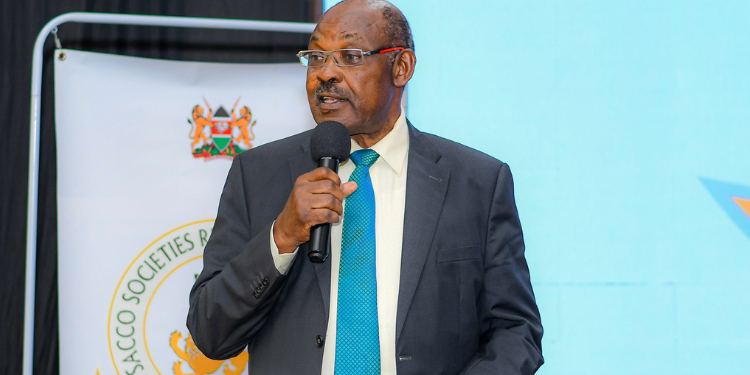































![Senator Allan Chesang And Chanelle Kittony Wed In A Colourful Ceremony [Photos] Trans Nzoia Senator Allan Chesang With Channelle Kittony/Oscar Sudi]( https://thekenyatimescdn-ese7d3e7ghdnbfa9.z01.azurefd.net/prodimages/uploads/2025/11/Trans-Nzoia-Senator-Allan-Chesang-with-Channelle-KittonyOscar-Sudi-360x180.png)

















